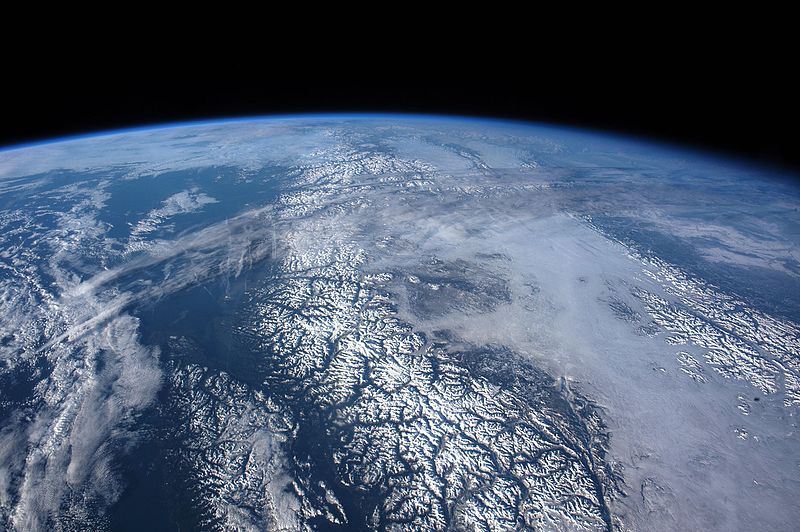File:ISS046-E-3699.JPG
外观

本预览的尺寸:800 × 532像素。 其他分辨率:320 × 213像素 | 640 × 426像素 | 1,024 × 682像素 | 1,280 × 852像素 | 2,560 × 1,704像素 | 4,928 × 3,280像素。
原始文件 (4,928 × 3,280像素,文件大小:2.49 MB,MIME类型:image/jpeg)
文件历史
点击某个日期/时间查看对应时刻的文件。
| 日期/时间 | 缩略图 | 大小 | 用户 | 备注 | |
|---|---|---|---|---|---|
| 当前 | 2016年1月25日 (一) 09:33 |  | 4,928 × 3,280(2.49 MB) | Originalwana | {{Information |Description ={{en|1=While orbiting over the Gulf of Alaska and moving toward the west coast of the United States, an astronaut aboard the International Space Station shot this panorama looking north into the snow-covered landscape of... |
文件用途
以下2个页面使用本文件:
全域文件用途
以下其他wiki使用此文件:
- af.wikipedia.org上的用途
- av.wikipedia.org上的用途
- be-tarask.wikipedia.org上的用途
- bn.wikipedia.org上的用途
- crh.wikipedia.org上的用途
- cv.wikipedia.org上的用途
- en-two.iwiki.icu上的用途
- hu.wikipedia.org上的用途
- id.wikipedia.org上的用途
- is.wikipedia.org上的用途
- ka.wikipedia.org上的用途
- ko.wikipedia.org上的用途
- lbe.wikipedia.org上的用途
- www.mediawiki.org上的用途
- mk.wikipedia.org上的用途
- os.wikipedia.org上的用途
- pt.wikipedia.org上的用途
- ru.wikipedia.org上的用途
- ru.wikinews.org上的用途
- sah.wikipedia.org上的用途
- sq.wikipedia.org上的用途
- tt.wikipedia.org上的用途
- uk.wikipedia.org上的用途




